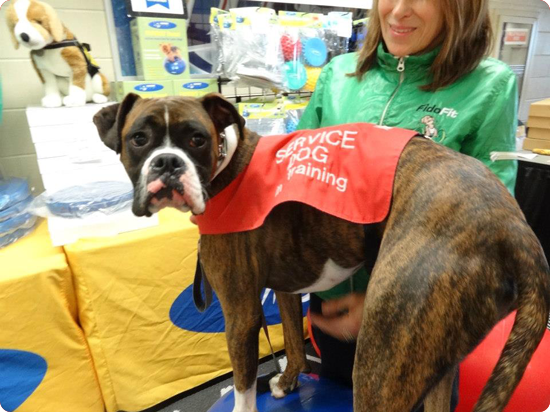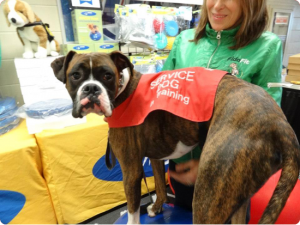

Grab a cuddle
Most people will agree that a cuddle can go a long way in making someone feel better. While it may not necessarily be a long-term solution, a hug can help people to feel happier in the short-term. The rush of endorphins that are released when we hug someone is similar to the effect that petting an animal can have. Stroking a cat or dog can replicate this feeling, effectively soothing and calming people down.
In terms of animals being used as part of a therapy, they can be incredibly useful for people suffering from various mental health illnesses. Sometimes, spending some time interacting with a dog can be hugely beneficial to someone suffering from something like depression. It not only offers a distraction but also gives the patient a chance to build a connection with the animal. Having something to look forward to can also work towards a more long-term solution for them.
Increase your social skills
Often animals can be a means of communication for people. Having that interaction with animals means the patients have an opportunity to be sociable and even interact with other people during an animal therapy session. While dogs are commonly used, other animals can also be great for therapy. Dolphins, for example, have often been shown to relax the people they interact with. It’s thought that people see the animals as non-judgemental, making them feel positive about interacting with them,.
Post-traumatic stress disorder is just one of the problems that animal therapy is used to help with. It is quite easy for patients to continue with animal therapy in the form of getting themselves a pet. This allows them to effectively self-medicate after the initial treatment has finished. Victims of abuse have also seen success through animal therapy, with levels of anxiety being reduced, along with the presence of a companion being seen as a comfort.
Different therapies
While cats and dogs are popular choices, other animals are coming into the arena as viable therapy creatures. Horses have been seen to help those who have speech-language problems, as well as those who have special needs. Dolphins have been seen to help but there are many fears for the safety of both the animals and the humans undergoing the therapy, with broken data giving unclear results as to the level of effectiveness.
The idea of having a pet form the basis of animal therapy has been a popular one, due to concerns of separation anxiety at the end of the treatment. For a child in particular, losing the bond with the animal can actually undo the work achieved during therapy and may even cause more damage in the long term.
This and other great articles can be found at http://petsblogs.com
